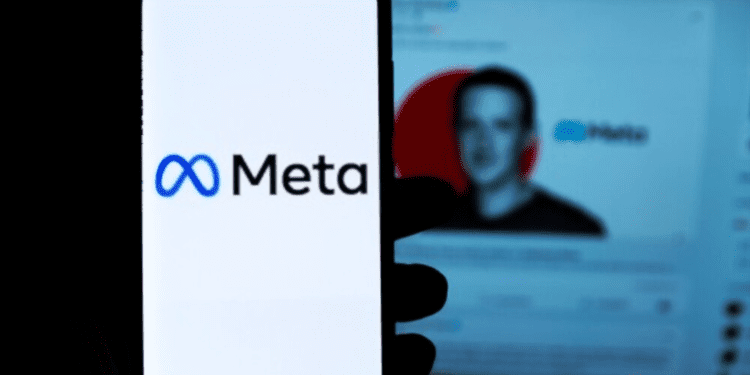Meta CEO Mark Zuckerberg wants to continue the metaverse project despite its heavy expenses with little to no returns. During its third-quarter earnings statement on October 26, he said that Reality Labs will face continuous losses in 2023 but will grow exponentially in the following years. To him, the project’s current “dying” state is nothing because he is focusing on the long-term goals rather than people’s criticisms about it today.
According to the CEO and founder, the metaverse is a “wide” portfolio of efforts that cross between reality and virtual. “It’s not just the Quest headsets you see — it’s also the social aspect, like the avatars, that will give a sense of presence.” Fortune news wrote. “And in VR, there will not only be a consumer-focused product that will reach a large scale, but also a work-focused product like what they just released at Connect.”
Investors Still Find Metaverse Unappealing
Combining augmented reality with physical reality seems daunting and highly ambitious. Yet, Zuckerberg continues to make this into a mainstream lifestyle. Some would say that the plot in the movie Ready Player One is ridiculous, but others would say that the metaverse will turn that into a real thing.
When addressing the 20% loss in Meta’s value, he claimed that “it would be a mistake to abandon the efforts because they are going to be important for the future of the business.” He also said that the company is attempting to create history and people decades in the future would look back at this moment when people doubted his creation.
While the fate of Mark Zuckerberg’s metaverse is still uncertain, the current investors are not pleased with what they see. The whole “future” mindset does not persuade the big buyers and the holders because the project could still need plenty of years before it blooms into a massive phenomenon.
No Demand from the General Crowd
Since the metaverse relies on a VR headset, not everyone can afford it, especially the latest version of Quest. While VR got some slack from the mainstream media in the mid-2010s, the technology is too niche. After all, there are still other immersive experiences without the nauseating feeling, such as video games played on a curved monitor, TV streaming, and the convenience of mobile phones.
The internet folks have been making the metaverse a laughing stock ever since the transition from Facebook to Meta in October 2021. YouTube alone has plenty of videos citing how the metaverse is a joke and a lot more written posts and memes on social media about it and Zuckerberg himself.
The criticisms heavily came after Horizon Worlds was revealed four months ago. Yet, even with a recent visual overhaul, it still needs to be added to other social platform games.
As for VR headsets, it is ironically doing well, according to statistics from EarthWeb. The VR market size was valued at $21.82 billion in 2021. In the gaming industry alone, VR gaming revenue jumped from $400 million in 2017 to $1.1 billion in 2020. In demographics, almost 45% are Gen-Z individuals. However, most users are still easily nauseated after prolonged use, precisely around 45 mins to an hour.














